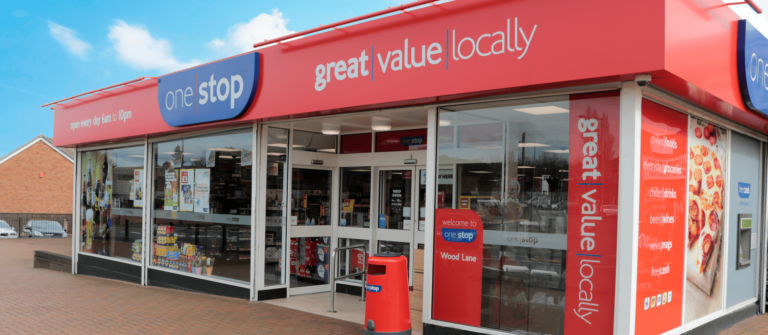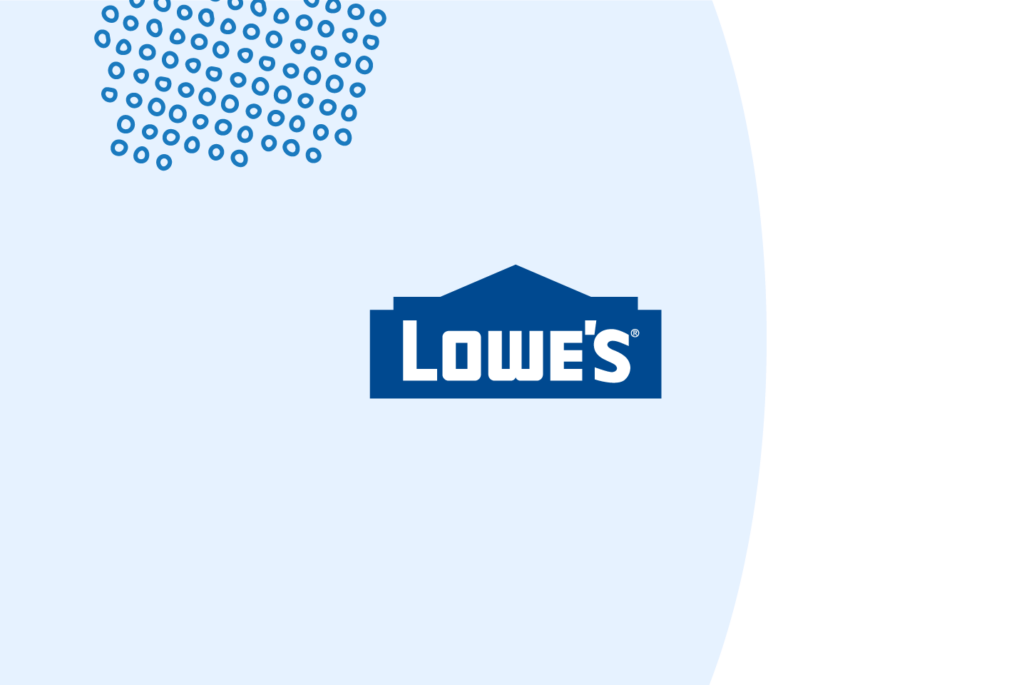Are your ears ringing from the din of AI buzz? Do you find yourself at a crossroads, wondering which way will lead to a methodical AI strategy?
The key to achieving a level-headed, logical approach to AI-powered supply chain success is AI diversification.
AI is not a one-size-fits-all solution, and there isn’t just one type of AI. AI diversification involves investing in different types of AI that perform distinct functions while operating collaboratively for optimal efficiency and profitability.
Making the most of your AI investments
AI diversification is the best way to safeguard your investment in technology. On the one hand, you’re avoiding hyper-focus on flashy AI trends that blind you to the advantages of quieter but just as powerful AI capabilities. On the other hand, you’re integrating innovations as they become available so you don’t lose your competitive edge.
There are three building blocks to AI diversification: specialized AI, generative AI, and AI-enabling platforms. By developing these building blocks, RELEX has helped companies thwart external challenges like disruption and demand volatility and overcome internal obstacles like data issues and lack of cross-functional collaboration.
Using the right AI for the job, we’ve helped retail and supply chain professionals extract valuable insights from their data, enhance collaboration and end-to-end visibility, and scale their businesses amid choppy market conditions.
Specialized AI
At RELEX, AI is nothing new. We’ve been using specialized AI since long before the recent AI mania. In fact, all of our customers are already using it.
But what is specialized AI, and what are its advantages?
Specialized AI uses optimization capabilities and machine learning (ML) technology to perform highly specific tasks with superhuman speed and accuracy. For instance, ML algorithms assimilate information rapidly and analyze it for patterns, generating output and reviewing outcomes to fine-tune and improve calculations continually.
As with any AI, performance is incumbent upon data quality. (“Garbage in, garbage out,” as the proverb goes.) RELEX trains our algorithms on years’ worth of industry data, including data for subindustries like DIY retail and grocery. This means that even at a base level, these algorithms are honed to understand the nuances of each industry and can then improve calculations on a network-specific level. These algorithms support capabilities such as machine learning-based forecasting, which absorbs information on demand patterns, internal business decisions, and external events to refine forecast predictions.
Moreover, because each AI function pulls from the same data pool as the other planning functions in the RELEX solution, business-wide data sharing is easy, and the AI is better trained. An environment of shared data and better-trained AI translates to more accurate planning with positive ripple effects across the solution. For example, more accurate demand forecasting ensures tailored replenishment planning and supports more effective space planning.
Gen AI
In the business world, gen AI (or “generative AI”) usually refers to large language models (LLM) like ChatGPT. These systems synthesize data and can communicate it in easily digestible ways.
At RELEX, we’ve developed Rebot – the first supply chain gen AI assistant on the market. Rebot is plugged into the RELEX knowledge base, which houses our documented best practices. We continually update this living repository with our latest developments and learnings. Supported by this, Rebot can both answer general supply chain questions and provide solution-specific assistance for a better user experience.
Rebot has answered over 100,000 queries since its launch in 2023, and our customers are already reporting efficiency and productivity gains like:
- Accelerated onboarding that requires fewer resources
- Easier, more efficient daily operations
- Better adoption and understanding of the RELEX solution
Rebot is only getting warmed up. Eventually, this copilot will be able to provide custom, network-specific recommended actions and insights so users can make better, data-driven decisions and improve inventory efficiency and profitability.
A future-proof platform
Many companies are in danger of selecting AI applications…and then having no way to weave them into current processes or easily maintain them.
The RELEX platform is specially designed for optimal AI performance and scalability, enabling companies to achieve rapid ROI and long-lasting business benefits.
- The platform hosts all our AI-supported planning functions, so teams enjoy better visibility, collaboration, and planning accuracy.
- These functions pull from a single database of clean, quality data for smoother data sharing, keener insights, and continually refined AI calculations.
- The platform integrates the latest technology from both RELEX and our partners (like Microsoft) so that our customers can easily incorporate the latest innovations into their tech stacks.
Innovation is not a one-time deal. At RELEX, we invest 25-30% of our revenue back into R&D. This accelerates our development cycles, keeps us ahead of technology trends, and passes that advantage on to our customers.
Real-world examples of AI in action
Across industries and around the world, RELEX has helped businesses maximize their technology investments with automated, AI-driven solutions that increase efficiency, profitability, and competitiveness.
Looking ahead: Building a diverse AI portfolio
AI may seem a nascent field, but at RELEX, we’ve been honing our AI capabilities for years. Our portfolio of AI approaches allows us to constantly evolve to maximize value. We already have a full suite of AI-powered solutions, calibrated to outmaneuver industry obstacles and deliver tangible business benefits. These algorithms and AI advancements enable a targeted approach to individual problems that retailers, wholesalers, and manufacturers face every day.
Want a more detailed look?







